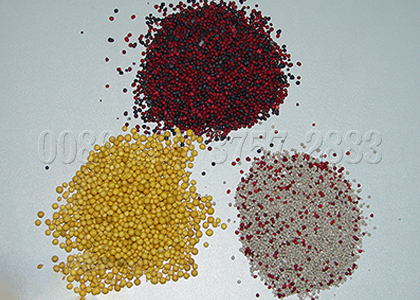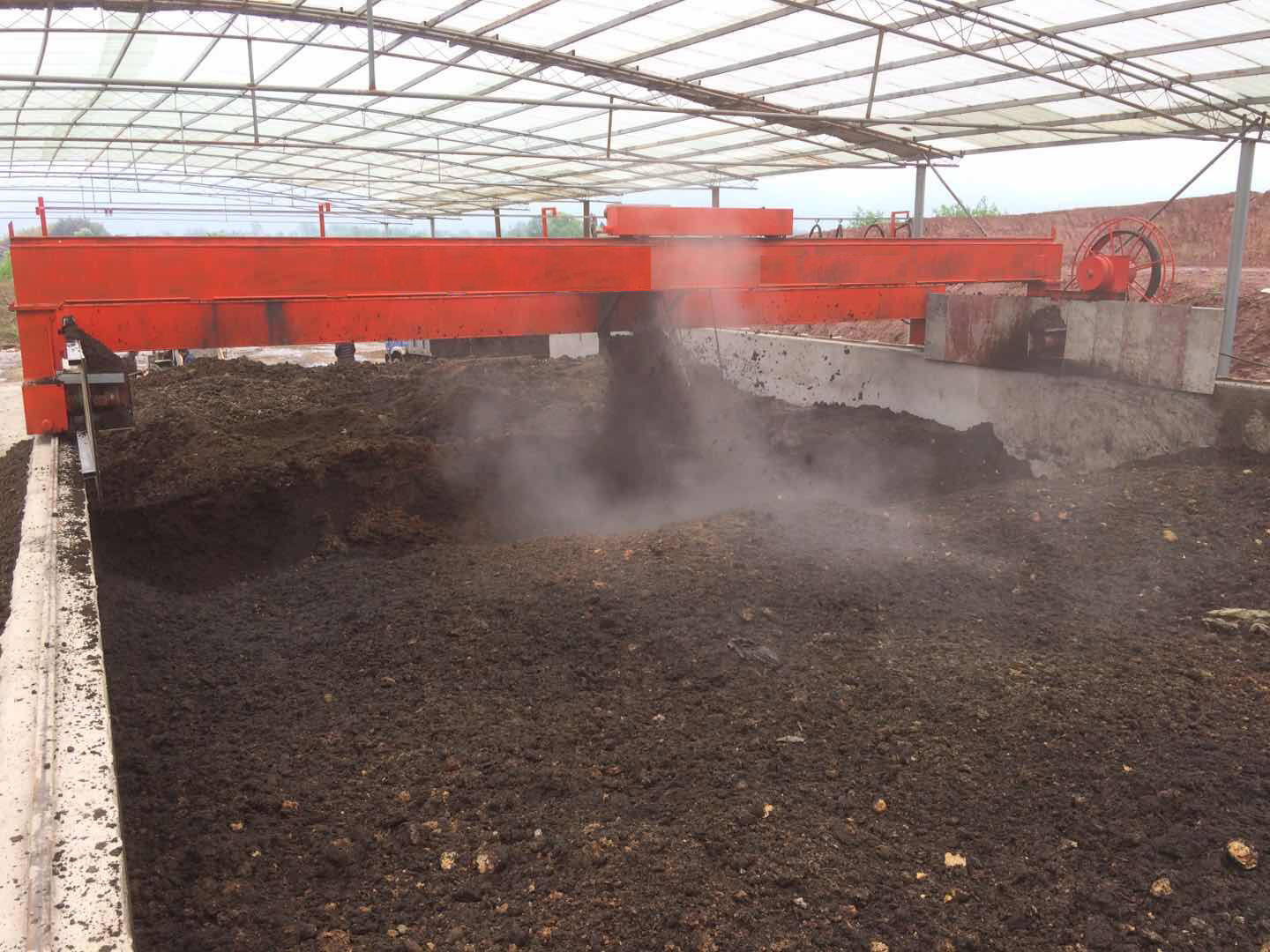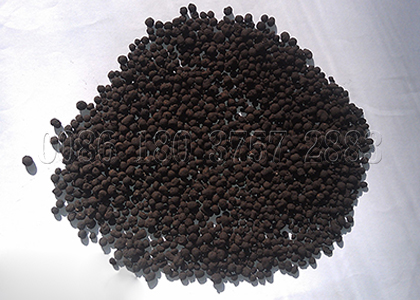After further granulation by drum granulator, the compound fertilizer contains nutrients required by a variety of plants, which is better than a single chemical fertilizer. So how to choose compound fertilizer?
1. Look at the packaging. Qualified products are packed in double layers to prevent moisture. There are three license numbers on the packaging surface: production license number, business license number, product quality registration certificate number, nitrogen, phosphorus and potassium content identification, and manufacturer and address. Open the outer package and there should be instructions in the bag.

2. Look at the physical properties of compound fertilizer. Compound fertilizer with good quality, uniform particle size, no caking and no pulverization.
3. Buy compound fertilizer produced by regular manufacturers. The fertilizer production line and production technology of regular manufacturers are relatively advanced, the product quality is reliable and the reputation is guaranteed.
4. Select the compound fertilizer suitable for the local area. The locally produced compound fertilizer is mostly produced according to the soil nutrient content, crop fertilizer demand law and fertilization effect in this area and surrounding areas, which is highly targeted.
5. Avoid using “dichloro” compound fertilizer for many years. “Dichloro” compound fertilizer is a compound fertilizer produced with ammonium chloride and potassium chloride as raw materials. If the “dichloro” compound fertilizer is applied year after year, the amount of chloride ions stored in the soil is large, and excessive absorption by crops will cause “chlorine damage” and soil will also cause “salt damage”.
Whether planting flowers or vegetables, we should follow the fertilization principle of “giving priority to organic fertilizer and supplemented by chemical fertilizer”. The long-term single large-scale use of chemical fertilizer is easy to cause soil hardening, soil fertility decline and soil acidification.
On the contrary, it will limit crop yield and affect product quality. Therefore, after purchasing NPK compound fertilizer granulator, we must pay attention to the treatment of various nutrient compound fertilizers.
Want to save your cost on this? Why not make it buy your own? Details, welcome go to https://organicfertilizermachines.com/compound-fertilizer-production-line/



